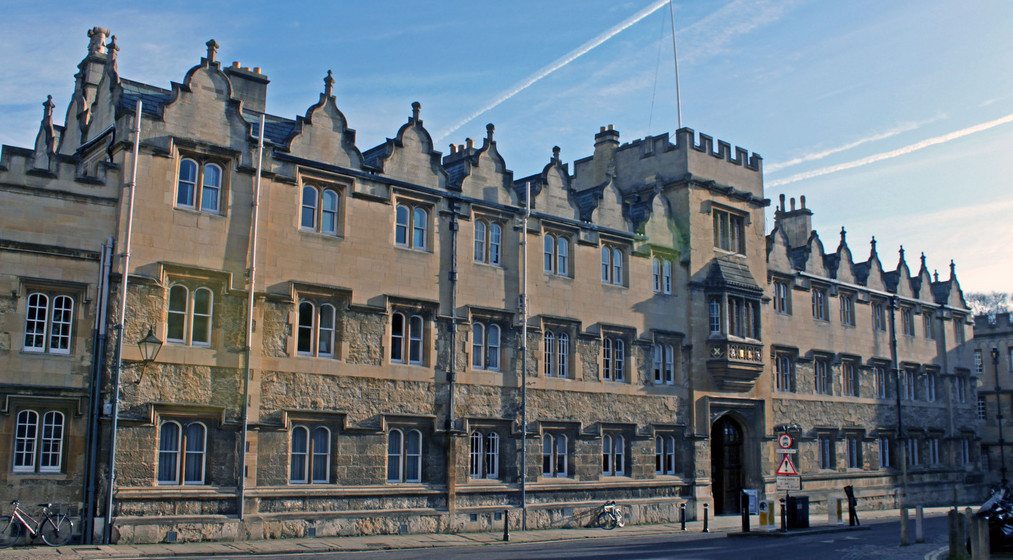Record amount of Oxbridge applicants for 2014
Oxbridge has seen a record number of applicants for 2014, with five students applying per place available.
Oxford University reported a one-and-a-half per cent increase in applicant figures for 2014. This translated to a total number of 17,480 applications this year.
Cambridge experienced a four per cent growth in applications, the highest number since records began.
Universities and Colleges Admissions Service (UCAS) also reported a rise in applications for medicine, dentistry and veterinary degrees, which share the October 15 deadline with Oxford and Cambridge. The total number of early applications in 2014 was 58,200 – the highest it has ever been.
The driving force behind the figures is the increase in overseas applications. There has been a 10% rise in non-EU applicants for courses that require early submission on UCAS.
Cambridge University also stated that the increase in its applicant numbers was due to “extensive outreach work” and “high-profile commitments to fair admissions”.
Mike Sewell, director of admissions for Cambridge colleges, said: “Our applicants know that their applications will be assessed fairly on their track record and that places will be won on academic factors alone.”
In addition, it has been claimed that the rise in early applications reflects a “flight to quality”, with students seeking to get more in return for higher fees. This follows recent reports that Oxford, Cambridge and London universities are surging ahead of others in the UK to create a ‘golden triangle’ in higher education.
Despite this view, there was a nationwide increase in applications in 2013.
It remains to be seen if this will be the case for 2014 applications as, in general, statistics for applications on a national level are not released until after the UCAS deadline of January 15 for non-Oxbridge or medical courses.
While Warwick University does not release application figures, head of communications Peter Dunn commented that the most obvious public sign of Warwick’s popularity in 2013 was that “We had to come out of clearing after just 12 hours of the clearing hotline being open as we had such a huge demand for our clearing places.”
The record number of early applications comes just two years after the implementation of the rise in tuition fees, which almost tripled the amount that students have to pay for their degree.
Despite an initial downturn in applications, these latest figures seem to suggest that the fee rise has had a very little long-term impact on the interest in full-time higher education.
Second-year Computer Science student Argha Sarkar said that the fee increase hadn’t affected his decision to go to university but that “Sometimes when I am bored to death in a maths lecture, I do feel that some lectures should be more interesting to make it worth the £9000 fees every year.
“Comparing our fees to somewhere like the US, we are very lucky.”
On the other hand, second-year Politics undergraduate Fred Kelleher stated: “I pay around £16,000 (because I’m apparently international) for eight hours contact time a week.
“It feels like I’m just paying for the most expensive library card in the world, seeing as all my learning is spent on my own. I’m paying for my degree rather than paying for the teaching.”

Comments